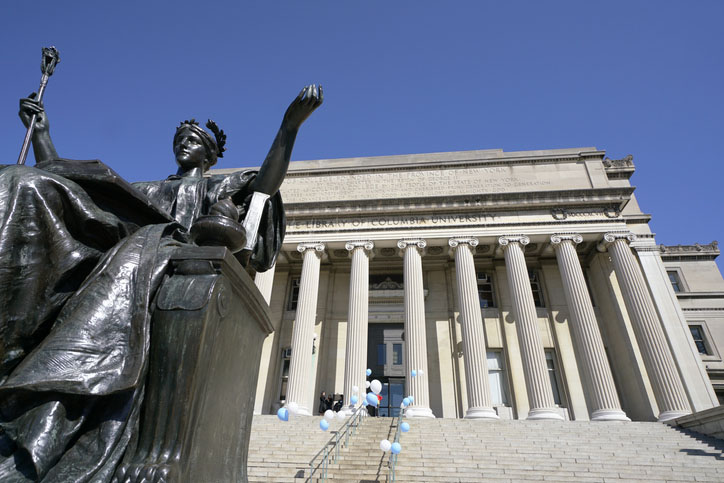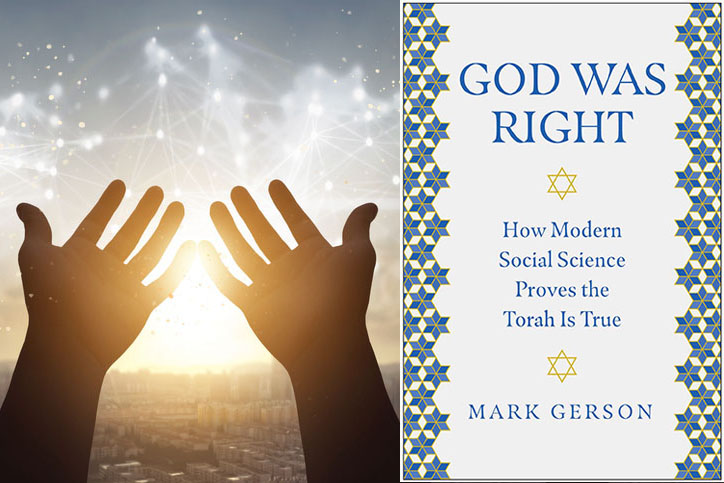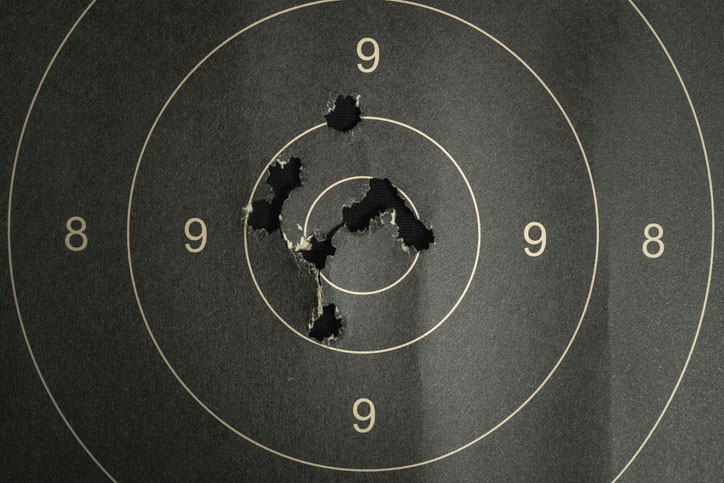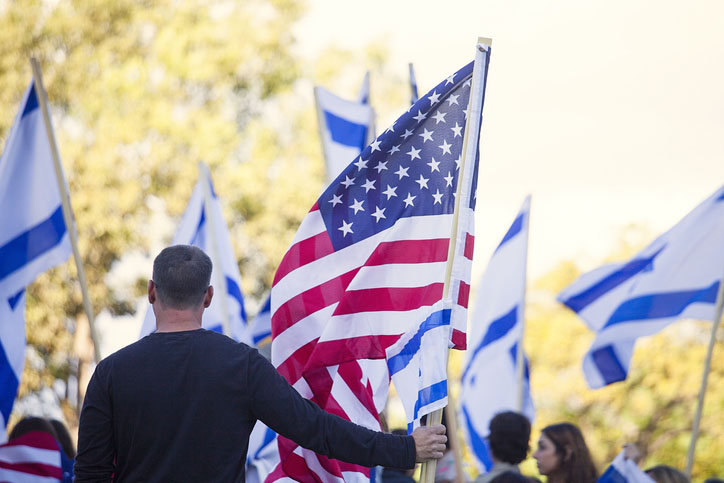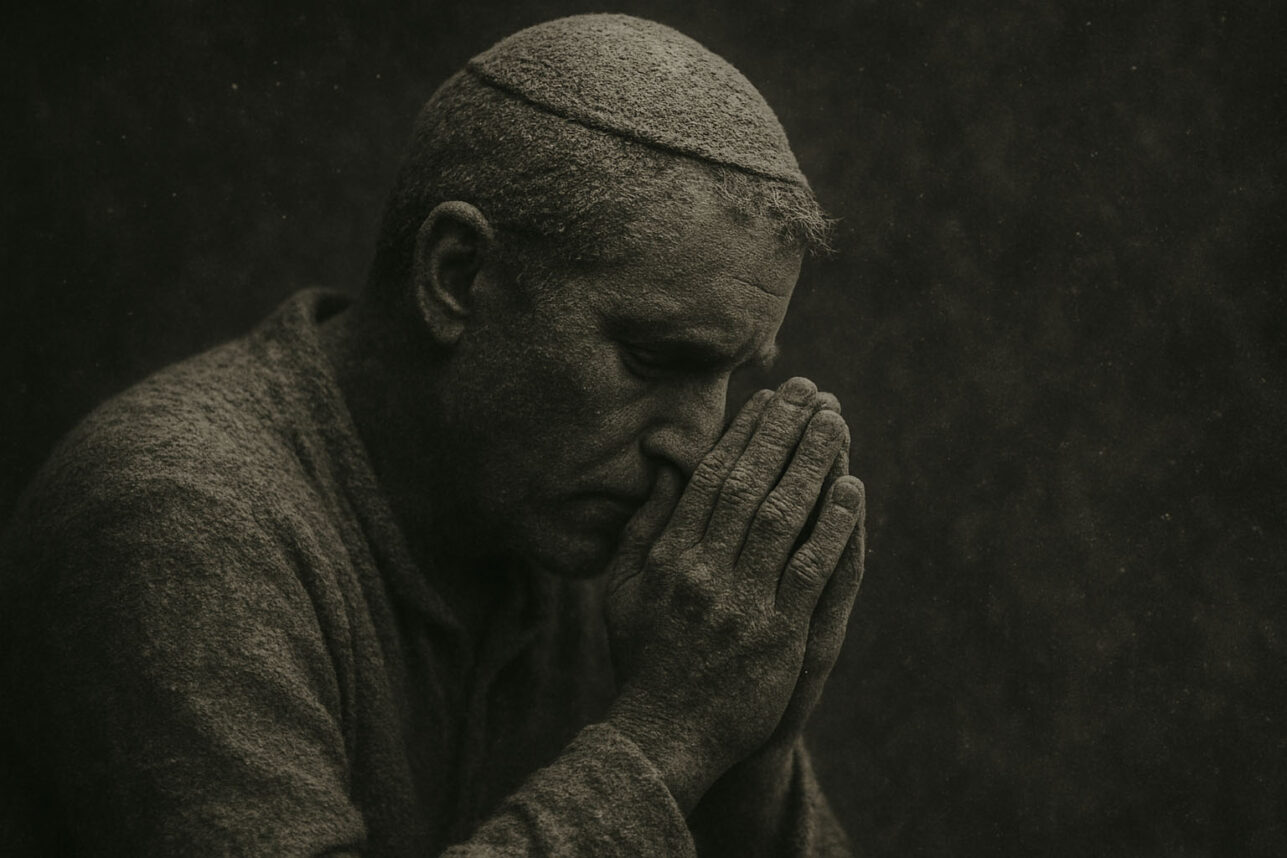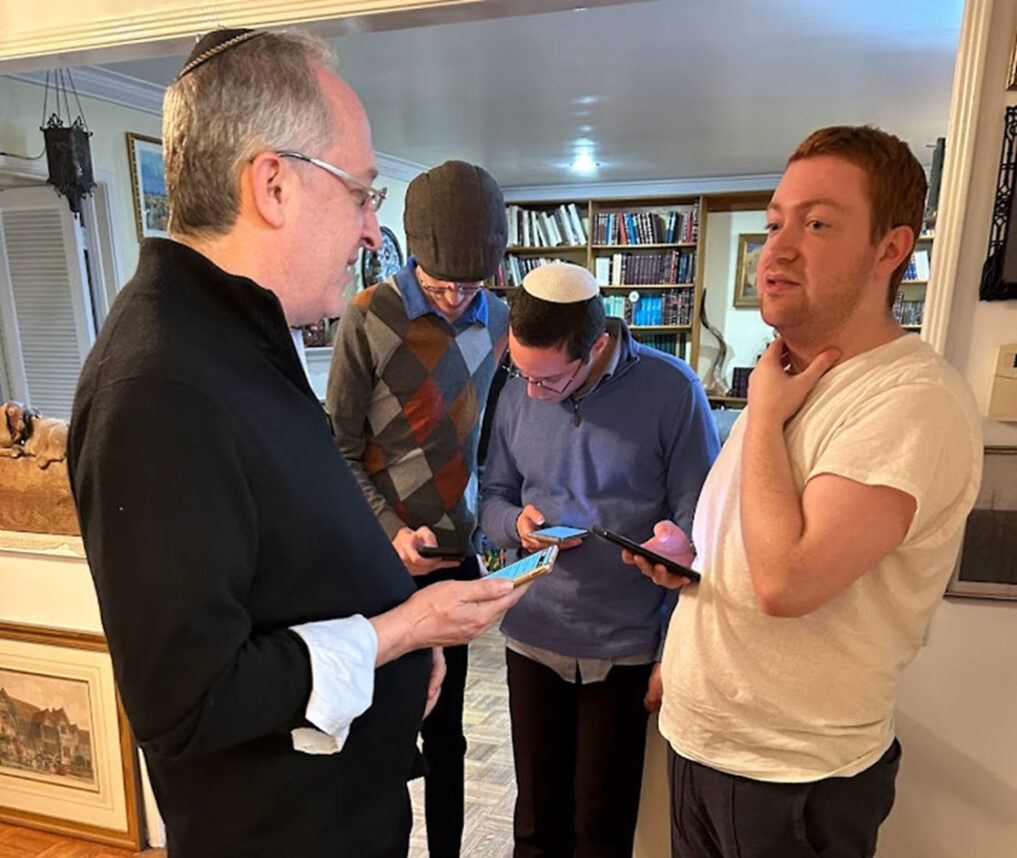Mohamed Morsi and Ahmed Shafiq are the winners of round 1. The fascinating Egyptian journey moves forward, the suspense – climactic, and the heat is on. At stake: the essence of post-revolution Egypt, its economy, its relations with the US, the West and Israel. One of the most anxiety-provoking issues for Western observers is: how will the new President of Egypt impact the prospects of peace in the Middle East?
Muslim Brotherhood candidate Mohamed Morsi “>calling it “A subsidy to an enemy”, and Islamist candidate Dr. Abdel Moneim Abol Fotouh “>stated that “Israel is an enemy … The majority of Egyptians are enemies of Israel.”
Indeed, a recent survey by the Pew Research Center found 61% of Egyptians want to annul the 1979 bilateral peace treaty – the single most astounding triumph for the idea of peace in the Middle East – while only a third want to keep it. Shadi Hamid, Director of Research at the Brookings Doha Center “>this way, a dogma that had already won the first democratic contest in the Arab world with the rise of Hamas in Gaza. Hamas is a Muslim Brotherhood offshoot.
It’s not all about religion though, at least not until Morsi, the Brotherhood’s candidate wins. Hamdeen Sabahi, in fact, was arguably the most hostile towards Israel of all front candidates, and he’s secular. In a “>said in regards to the peace with Israel: “…I’ll always be against it, and this comes out of my national Arab conscience.”
To fully grasp the complexity of this linkage one should recall that the Egyptian wars against Israel were never fought for the liberation of the West Bank and Gaza, but to oppose the very idea of Jewish sovereignty. In 1948 King Farouq tried to annihilate the nascent Israel; Gamal Nasser tried again to undo it in 1967; (Only than were the West Bank and Gaza lost) – Both brought disaster and humiliation upon themselves and Egypt. The 1973 war that served to somewhat abate Egyptian feelings of humiliation lives on, as Trager observes, in the name for 2 townships, 2 universities, and many museums, bridges, highways and public structures in Egypt. “Egyptians commemorate October 6, the day of the 1973 Egyptian attack, as a national holiday” he notes, “The anniversary of the Camp David Accords routinely goes unrecognized.”
Did you enjoy this article?
You'll love our roundtable.
Editor's Picks



What Ever Happened to the LA Times?

Who Are the Jews On Joe Biden’s Cabinet?


No Labels: The Group Fighting for the Political Center
Latest Articles


A Moment in Time: “Team Building”

Elul Anytime


Accuser of Israel Confesses to Genocide





